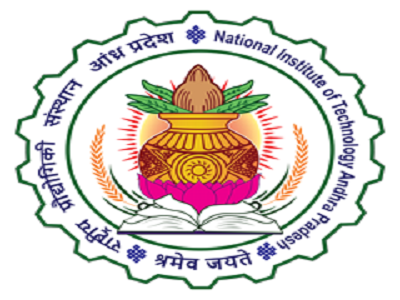New Delhi: The researchers of the National Institute of Technology (NIT) Andhra Pradesh have developed a continuous reactor for the treatment of textile industrial effluent by nano coupled advanced oxidation process.
The project has been initiated by the students for clean water has secured second place in Avishkaar-2022, “Student Innovation Contest”. The Andhra Pradesh Council of Science and Technology (APCOST) conducted the project.
According to NIT Andhra Pradesh, the researchers are working towards the mission of sustainability and Swachha Bharat and the scaled-up version of this work will provide a sustainable solution for the removal of pollutants from water systems and provide clean water.
Assistant Professor, Department of Biotechnology, NIT Andhra Pradesh, Dr VC Padmanaban, along with research scholars Gindi Neha Madhav, Sadhana Pitambar Patil and Avanti Bhute conducted the research.
“The key challenge towards the treatment of textile dye effluent is the presence of salts and high concentration of dyes which interferes the process of degradation. It is beneficial if a technology is developed by using the salts which are innately present in the effluent. By keeping this as the strategical point, the team has developed an Advanced Oxidation Process which works well in the high saline conditions towards the complete removal of textile dyes,” Prof Padmanaban was quoted as saying by Careers360.
“I suggest integrating the process towards the sustainable and circular economy-based approach. I encourage the team to proceed the research towards the transfer of technology for the benefit of the society and insist the importance of interdisciplinary research for the development of indigenous technologies towards the mission of Atmanirbhar Bharat,” NIT Andhra Pradesh Director, Prof CSP Rao, said.
ALSO READ: Students Of NIT Rourkela Set Up ‘Matrix – The Marketing Club’ To Help Budding…


Comments are closed.